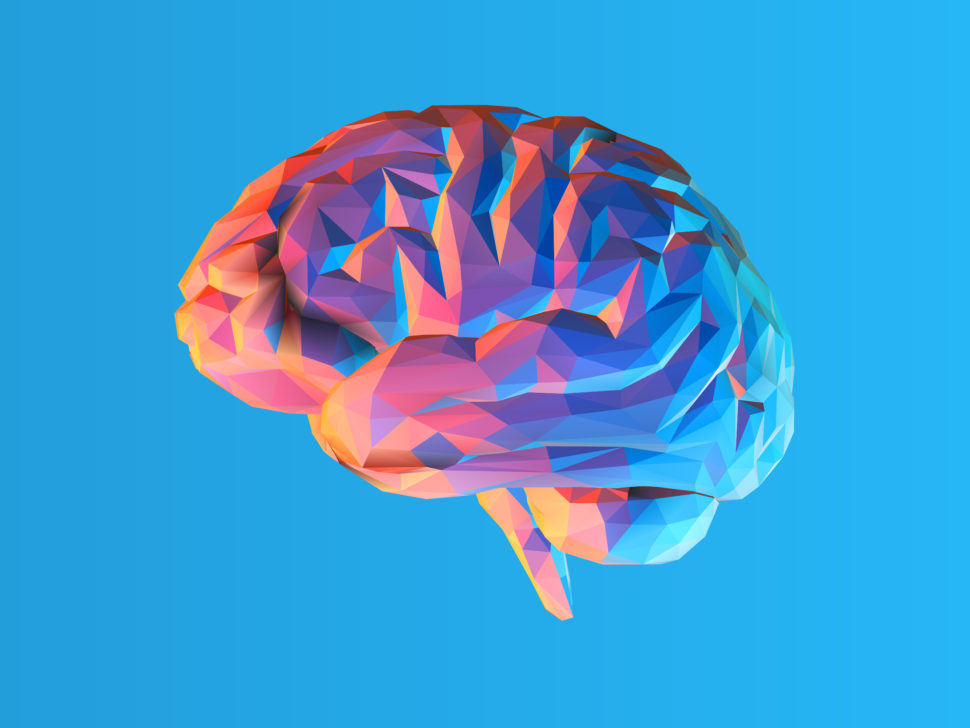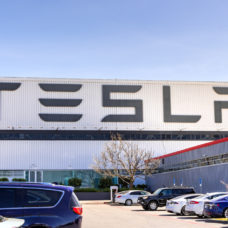Elon Musk might be done with OpenAI, the non-profit AI research group, but Musk’s involvement with artificial intelligence is only getting stronger.
Tesla Motors is focusing on AI to give its electric cars a mind of their own and launch a robotaxi fleet.
But Elon Musk’s Neuralink project may be his most ambitious AI project yet.
In 2016, he founded the neurotech startup Neuralink that specializes in brain-computer technology to develop implantable brain-computer interfaces (BCIs).
The creation of Neuralink was made public in April 2017 and we still don’t know anything about what it’s been up to.
Could This Mean a Neuralink BCI Prototype is on the Way?
Maybe Elon Musk should maintain multiple Twitter accounts, one for each of his ventures and projects to make it easy for us to track their progress.
Tweeting about everything, including his opinions, response to criticism, and tech teases, he sent nearly 5,000 tweets in 2018.
In one of his latest tweets, he teased us again about the Neuralink project.
Responding to a Twitter follower who asked him to give them an update on his Neuralink project, Musk dropped two words: “coming soon”.
Musk didn’t give any more details, leaving us on our hunger for more information.
Back in September, Musk said that a Neuralink-related announcement was coming in a few months, so maybe this new tweet could mean the company is on to something.
Elon Musk was one of the 100 scientists and experts who signed an open letter to the United Nations warning against the rise of AI-powered autonomous weapons.
Dismissing Mark Zuckerberg’s grasp of the AI threat, Musk thinks our best option is to merge with AI to counter the existential risk it poses.
And this is where Neuralink comes in.
Read More: Scientists Theorize Brain-to-Brain Communication for the Near Future
Musk thinks humans have to turn into cyborgs to avoid being treated like “house cats” by superhuman machines.
The San Francisco-based company is working on a brain-machine interface that connects the human brain to AI to create a new means of communication not based on words, but telepathy.
Neuralink, which has dozens of “the highest per capita intelligence” engineers Musk has ever assembled, hopes to have its tech ready for the market within ten years.
In a number of interviews, Musk has discussed the importance of his Neuralink project. In most cases, he explains it as an input issue.
The Internet is a collection of practically every aspect of humanity, from the information we create to the selfies we take. The main issue in the speed of absorbing and inputting this information is our body. Our thumbs can only type so fast and our eyes can only read so much.
With the creation of a direct connection between the brain and our global information system, this bottleneck would cease to exist. Theoretically, our ability to create and absorb information would only be limited by the power of our own brains.
Some worry that this could lead to the loss of our own consciousness within the wider communicative world, while others believe our brains won’t even be able to handle it.
Whatever the case may be, the Neuralink project could create a new era of communication for humanity, whether that’s for better or for worse is yet to be seen.



















Comments (0)
Most Recent